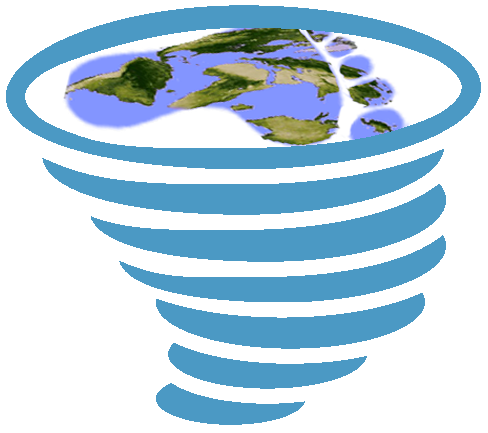
In the Northern Hemisphere in 2017 and 2018 brought several destructive hurricanes to the shores of North America, the Caribbean, and throughout the Pacific rim. Such extreme weather events are predicted to get more common and more severe with increasing climate change.
Several participating classes in the ISCFC were or are in the path of these storms and we hope for the best for them, their families and communities.
We would love to hear from students affected directly and indirectly by extreme weather events, and also any students who have been following the news this summer.
What are your thoughts about the connection between climate change and extreme weather events? Has this hurricane season increased your concern about climate change or not? Do you think that US citizens and residents (and others in the region) will take climate change more seriously now?
Extreme Weather >
Global Warming

Global warming refers to the long-term increase in Earth's average surface temperature due to human activities, particularly the emission of greenhouse gases. The primary greenhouse gases responsible for global warming are carbon dioxide, methane, and nitrous oxide, which trap heat in the Earth's atmosphere and cause the planet's temperature to rise. According to NASA, the Earth's temperature has risen about 1.1 degrees Celsius since the late 19th century, and most of the warming has occurred in the last four decades. This rapid increase in temperature is causing significant impacts on the planet, including rising sea levels, melting glaciers, and changes in precipitation patterns. One of the primary drivers of global warming is the burning of fossil fuels, such as coal, oil, and natural gas, which release large amounts of carbon dioxide into the atmosphere. According to the Intergovernmental Panel on Climate Change (IPCC), human activities have caused an increase of approximately 1.0 degrees Celsius in global temperatures since the pre-industrial era. Furthermore, the IPCC projects that global temperatures will continue to rise, and if emissions are not significantly reduced, the Earth could warm by more than 4 degrees Celsius by the end of the century, which would have catastrophic consequences for ecosystems and human societies. In addition to rising temperatures, global warming is also causing other significant environmental impacts. For example, the Arctic sea ice has been rapidly melting in recent decades, with the extent of sea ice in September 2020 being the second-lowest on record. This loss of sea ice has a significant impact on Arctic ecosystems and wildlife, such as polar bears and walruses, which depend on the ice for hunting and breeding. Furthermore, as the sea ice melts, it exposes more of the dark ocean surface, which absorbs more heat and causes further warming, creating a positive feedback loop that could accelerate the rate of global warming.(https://www.ncei.noaa.gov/)





